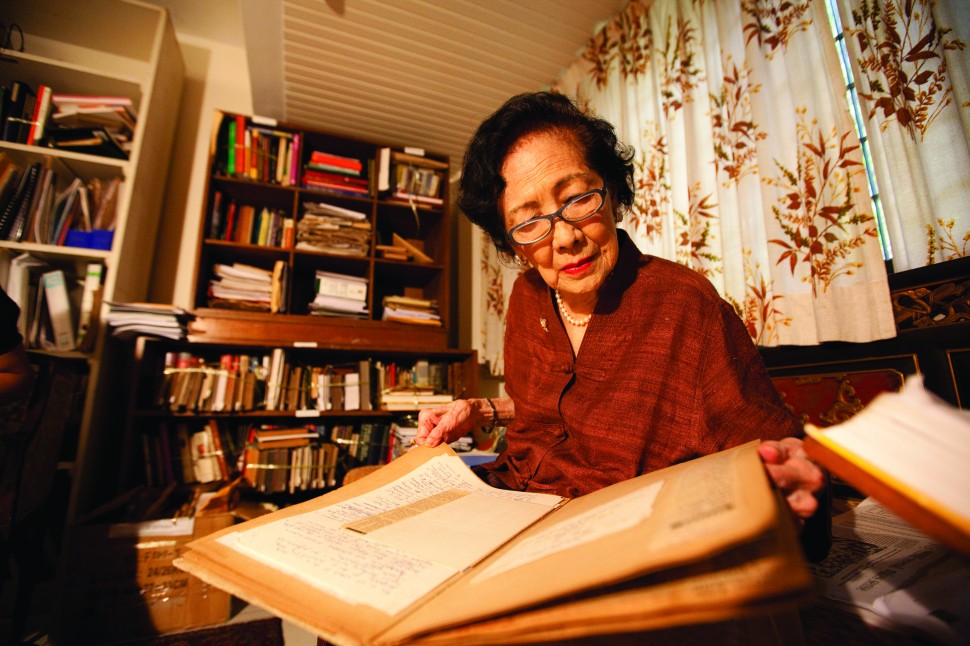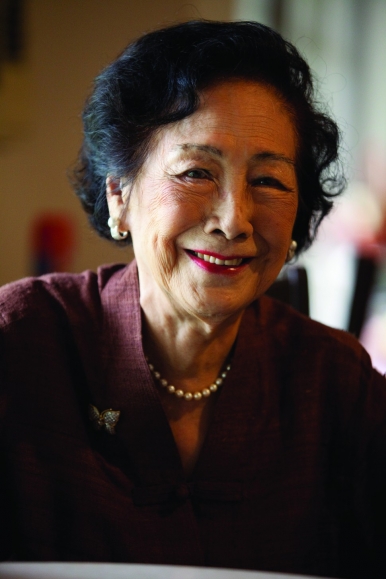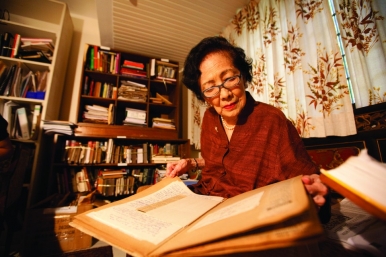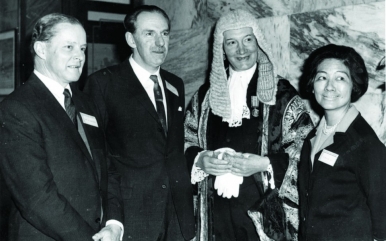Tan Sri Dato’ Lim Phaik Gan was a formidable lawyer and diplomat known for championing the rights of the underprivileged


“I fight if there is a need. I take the case sometimes when no one else will,” Lim Phaik Gan, widely known as PG Lim, told an Associated Press reporter in a candid interview in July 1971.
By that time, Lim was heading to New York to take on the role of Malaysia's deputy permanent representative to the UN, having already cemented a reputation as a bold trial lawyer and champion for workers' rights.
Born in London in 1915 and educated at Cambridge, Lim was called to the English Bar in 1948 and the Malayan Bar in 1954. From the outset, it became clear that she would pursue a path of social justice. She was central in highlighting the double standards used by the colonial British system to sentence to death a young ethnic Chinese woman, charged with being a courier for communist insurgents. The woman, Lee Meng, eventually escaped the death penalty through a royal pardon.
The notoriety of the case and Lim's efforts helped solidify the campaign for jury-led trials, which came into force in 1957 as Malaya broke away from colonial rule.
In the late 1950s, Lim advised and represented workers’ unions, shining a light on the dire working conditions of plantation and railway workers. She was crucial in their fight for fairer wages and better treatment. She was also instrumental in getting daily-wage workers in the railways recognition as public servants, entitling them to government pensions.
Privileged Comes With Responsibility

Lim was born into privilege, but her lessons on social justice came early. “My father was a legislative councillor for Penang in 1934, and there were a lot of immigrant Chinese children and children of Indian labourers without education. My father requested free education for these children, but the British said they will not provide that. So, my father walked out of the council. I suppose I came from a background that was a little anti-colonial,” she said in an article published on the website of Merdeka Award, the country's highest honours, of which she was a recipient in 2009 for her outstanding contributions to the empowerment of women in Malaysia.
“We were brought up to be sympathetic to the poor and downtrodden. We grew up in an atmosphere where privileges brought with them responsibilities,” she said. Her mother too was involved in social work.
Lim was educated at home and at the Convent of the Holy Infant Jesus in Penang, among the earliest English schools for girls in East Asia. She went on to Girton College, Cambridge to read Law and History. She then returned to Malaya for a period before heading out to the U.K. again to sit for the Bar examinations. She became politically active during that time, editing the journal of the pro-independence movement, Malayan Forum. On her return to Malaya as it was called then, Lim embarked on a successful career in law.
After the race riots of 13 May 1969, Lim was one of two women representatives in the National Consultative Council appointed to draw up a national reconciliation programme.

Soon after, her diplomatic career began as Malaysia’s ambassador to the United Nations. She was also later Malaysia's ambassador to Yugoslavia, Austria and the European Economic Community.
She returned to Malaysia in 1980 to practise law and became the head of the Kuala Lumpur Regional Centre of Arbitration in 1982 until her retirement in 2001. Lim was also a patron of the arts and was a keen collector. Her autobiography Kaleidoscope: The Autobiography of PG Lim was published in 2012.
Lim passed away in 2013, aged 97. Throughout her life, she fought for social justice, especially for the rights of women, for which she will forever be an inspiration.





